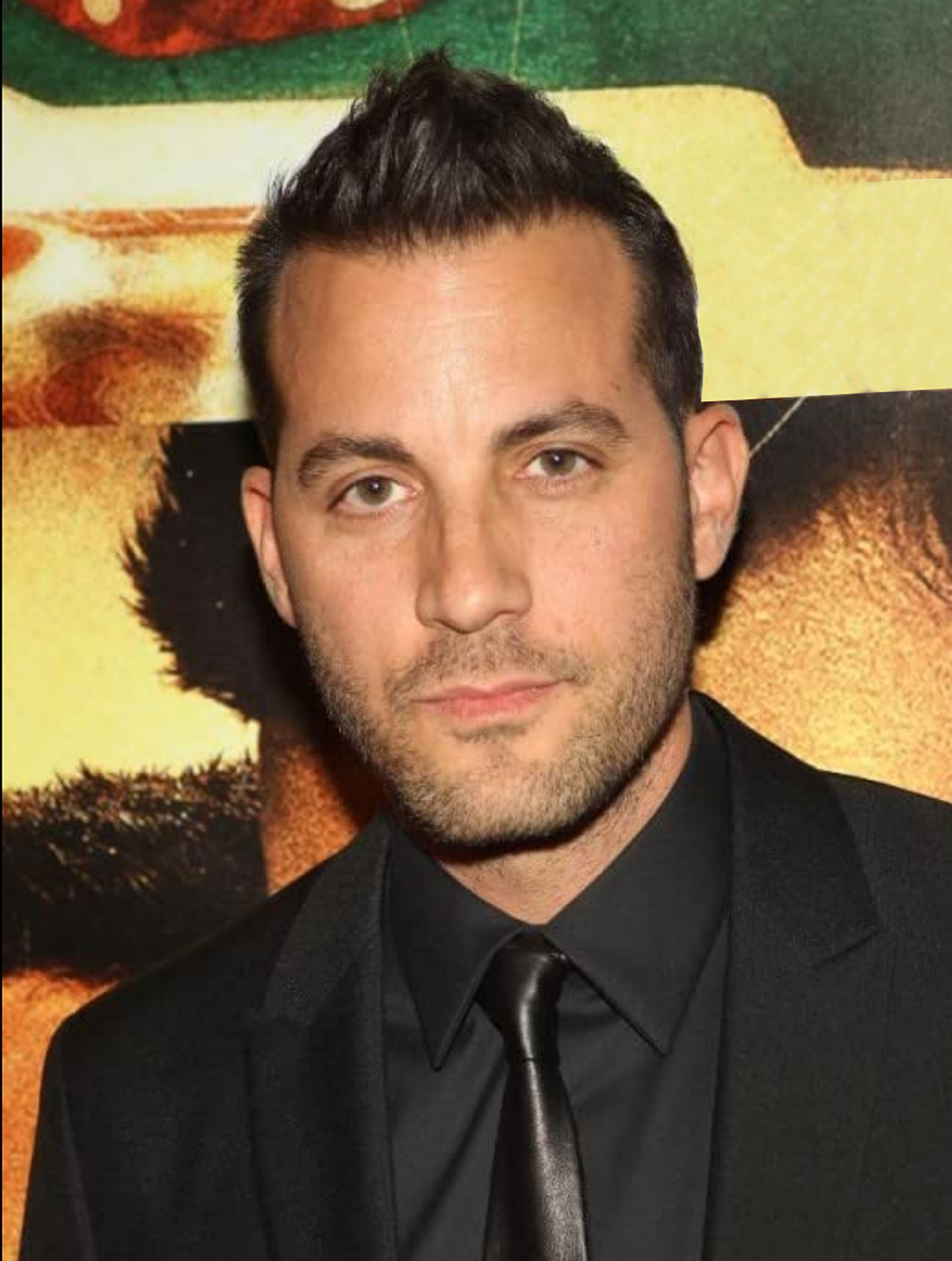
- Interviews
Brad Furman on “City of Lies”
On March 9, 1997, Christopher George Latore Wallace, better known by his stage name the Notorious B.I.G., was shot four times and killed in a drive-by shooting outside the Peterson Auto Museum in Los Angeles, California. While rumors swirled that it was another tragedy in the continuing violence that had developed between the East and West coast factions of the rap community, lingering questions have persisted of a cover-up and questions as to who was involved.
After years of research, journalist Randall Sullivan published his book LAbyrinth in 2002 drawing conclusions that connected Suge Knight of Death Row Records along with several LA police officers to the crime. Brad Furman (The Lincoln Project, The Finest Hours) has adapted that story with the film City of Lies, a drama starring Johnny Depp as LAPD Detective Russell Poole. It was Poole who led the investigation into the shooting. Forest Whitaker plays a fictionalized version of Randall Sullivan as he tries to uncover the truth behind the murder.
The film was scheduled for release in 2018, but a lawsuit and financial troubles kept the movie away from the big screen until now. Here Brad Furman talks about the project’s evolution.
As an audience, we think we know elements of the story from reading the news, but watching City of Lies, I had to throw out all my concepts of what I thought I knew about the killing of the Notorious B.I.G. As you were making the film, did new elements come to life for you as you told this very compelling story?
100% of the reason I made this movie is exactly what you just said. I felt that there was such an important message and story that needed to be told. I wanted the opportunity to set the record and get the truth out there. What better vehicle than a film of this nature by having Johnny Depp and Forest Whitaker as the Trojan Horse to not only educate the world but send the message out.
Where did it begin for you?
LAbyrinth was a little over a decade old. I felt a deep responsibility in the storytelling as well as inspiration from Oliver Stone and many great journalists to reinvestigate the case. That connected me to Perry Sanders, who was the attorney of the Wallace family for their civil case, which then connected me to Randall, which then connected me to Sergio Robleto, who sadly passed and who was Russ Poole’s supervisor during his tenure at the LAPD. He was also the lead investigator on the civil case. I did a huge reinvestigation that spurred Randall’s sequel Dead Wrong. I also connected Phil Carson with the FBI who presented tons of info on the case. It was a wild ride and proved more explosive than was even shown in the film.
Did you get any cooperation from the LAPD? Do they still deny they have any culpability in this crime?
Unfortunately, I didn’t receive the cooperation that I was hoping for. I felt that it has been 24 years since Christopher was murdered. It is still swept under the rug and is still unsolved. This is where we live today. As an independent production, we just endeavored to make the film. I had particular individuals from the LAPD who secretly and confidentially reached out to me. Some warned me that I should not make the film because this story was even bigger than I had even realized. It has been a unique ride, to say the least.
The film makes one realize how powerful a man Suge Knight was. He wasn’t just in charge of his record company.
Suge was a tremendously powerful guy but this film is so much bigger than him. This is about powerful institutions. We depend on the police department to protect and to serve and this was an instance of the responsibility of the city of Los Angeles and the LAPD to deal with the corruption within their institutional department and they failed to do that. To make matters worse, they didn’t want to take responsibility and ownership where the mistakes were made. Over the years, they have succeeded in sweeping things under the rug. Back then it wasn’t the age of social media, it was easier to get away with things. As we see with trials now, getting away with things is harder because things are captured on video. This has been some tricky stuff.

